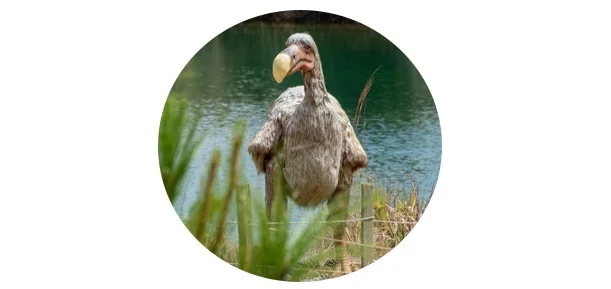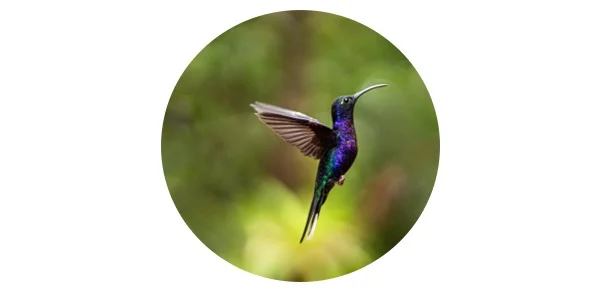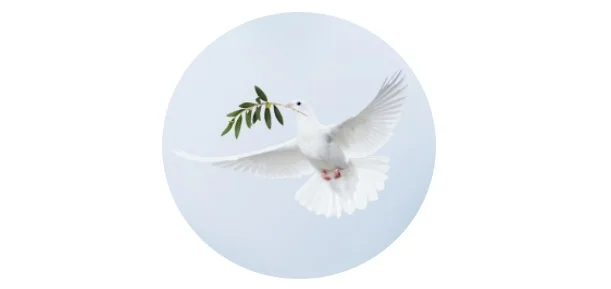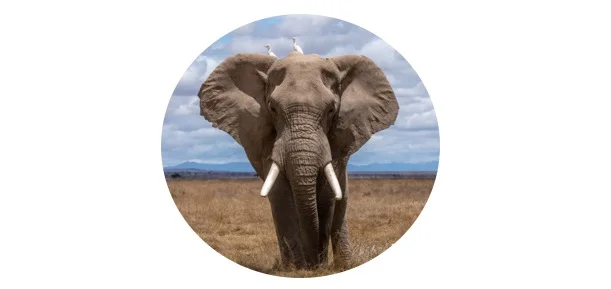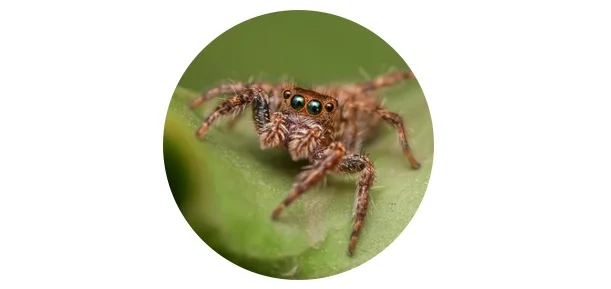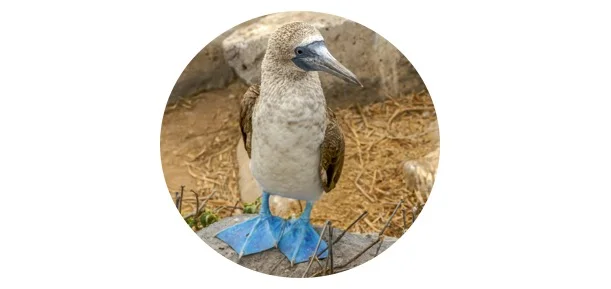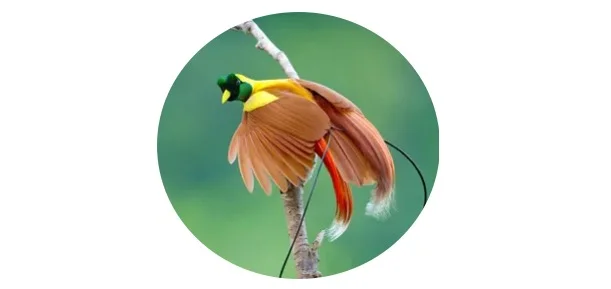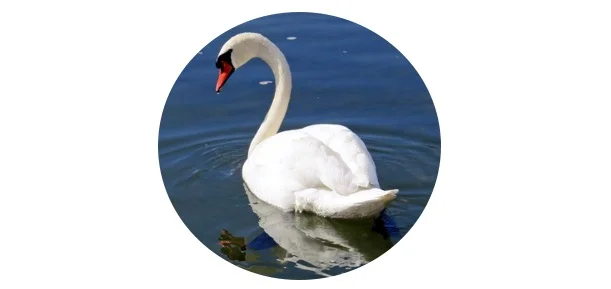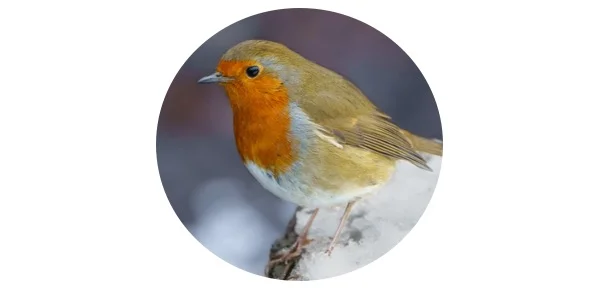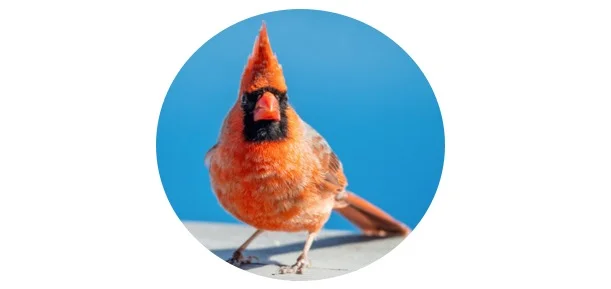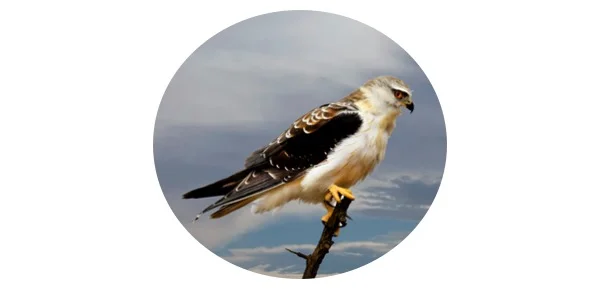Cowbird Symbolism: Spiritual Meaning, Totem, Spirit, & Omens
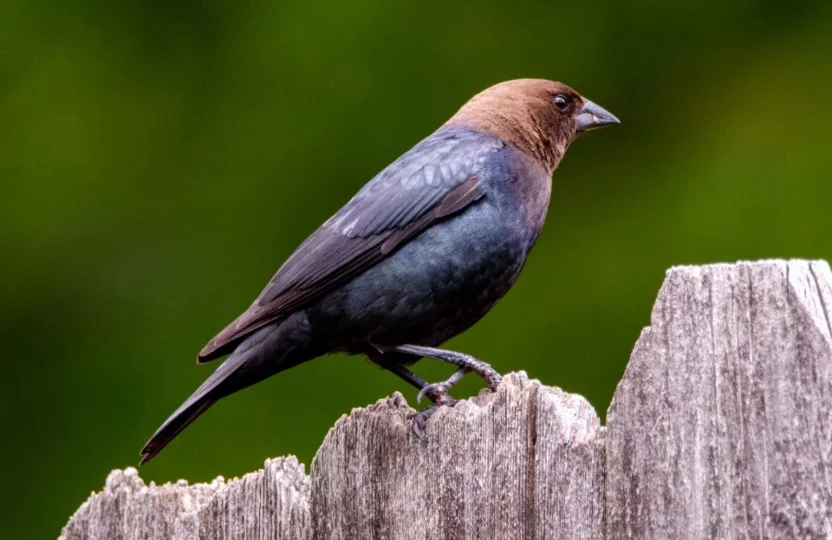
Table of Contents
Cowbird Symbolism: All You Need To Know
Cowbirds are an odd group. Though you may imagine anything like their bovine namesakes, these birds have virtually little in common with cows. Cowbirds, for the most part, are inconspicuous in appearance. They are squat birds that range in hue from black to brown.
What makes cowbirds distinctive, and what they are most known for, is the peculiar reproductive practises they participate in. Cowbirds are brood parasites that must be present. This implies that all cowbirds rely on other birds to raise their offspring.
In order to do this, the female cowbird deposits her egg in the nest of the unwitting foster parents. She may even destroy the other eggs she discovers. Although some species have developed to detect brood parasite invasion eggs, most birds will hatch the egg and rear the young.
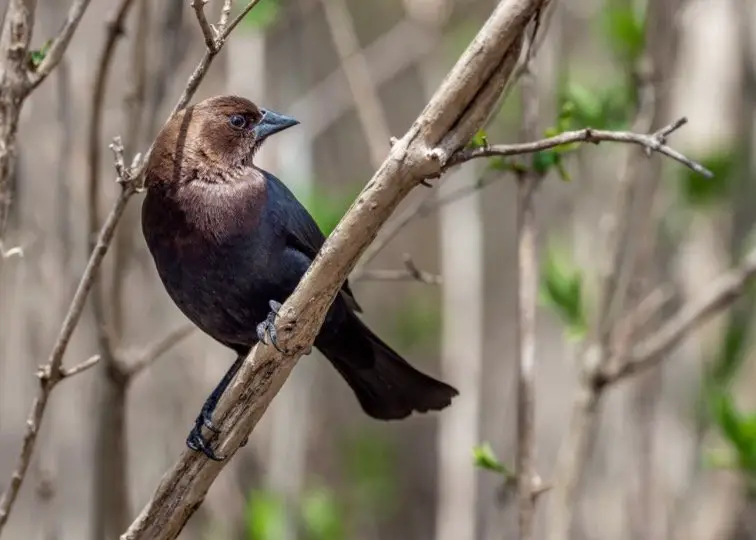
Cowbird chicks are demanding and rapidly develop. Frequently, the foster parents are of a smaller species and are unable to keep up with their developing changeling. The cowbird chick will drive out rival siblings from the nest as it matures. This is the cowbird’s unusual and perhaps disturbing survival strategy.
So, what does it signify if you have a cowbird in your life? Though their parasitic activities are nasty, the adaption works for a purpose. Cowbirds are cunning, forceful, and adventurous creatures. Despite their unsavoury appearance, we can surely learn a thing or two from these crafty birds.
Cowbird Symbolism and Meaning
Cowbirds are often used to represent parasitism and negativity. Their unique nesting style endangers enormous populations of songbirds. Many people believe cowbirds to be evil. Cowbirds’ clear symbolism connects them to dysfunctional family relationships.
Cowbirds are used to parental desertion. Cowbirds become demanding and completely reliant on their foster parents after they are put in their nest. Furthermore, the cowbird might be seen as a sign of ferocious sibling rivalry.
The cowbird is often considerably bigger than the brood it replaces, and it will typically kill them by forcing them out of the nest or starving them by hoarding food. Cowbirds may also represent manipulative conduct. Cowbirds have been able to thrive as a species for so long because other birds are susceptible to strong parental impulses.
When these birds fail to perceive the cowbird chick as an intruder, they will go to great lengths to care for it. The cowbird parents control their tremendous parental instinct when the egg is laid, and the cowbird baby when it hatches. This impulse is managed such that it is damaging to the foster parent birds and their own young, rather than helping to nurture their offspring.
Cowbirds are also symbolic of both harmful and beneficial symbiotic interactions. Parasitic partnerships are not genuinely symbiotic, since they cause harm to the host. Cowbirds, on the other hand, were historically known as “buffalo birds” due to their propensity to accompany herds of buffalo and feast on the insects that swarm the herd.
Cowbirds are still regularly observed eating insects that bother horses and cows. As a result, whereas their interactions with other birds are often antagonistic, their interactions with big mammals are mutually advantageous and hence symbiotic.
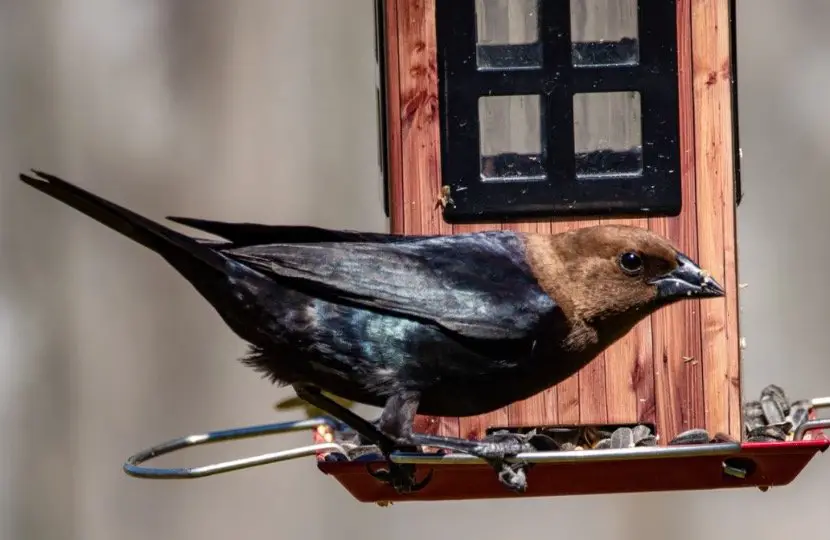
Cowbird Native American Symbolism
Cowbirds are associated with buffalo herds in Native American folklore. It was long thought that cowbirds’ brood parasitism was caused by their incessant need to migrate with the buffalo herds, which prevented the cowbirds from setting in their own nests.
Cowbird Christianity Symbolism
Christianity puts a great importance on honesty and considers deception to be a major sin. Cowbirds’ nesting approach might be seen as dishonest and wicked.
Cowbird Celtic Symbolism
In Celtic mythology, the concept of a “changeling” or a child who has been spirited away and replaced by an otherworldly invader, can be connected to the nesting strategies of cowbirds. Changelings are enigmatic beings linked to fairies and the “otherworld.”
Dreams of a Cowbird
Cowbird dreams are seldom a good omen. Cowbirds cause harm to the nests of other birds in which they lay their eggs. If you have a dream about a cowbird, it might mean that something sinister is causing damage to your house.
Dreaming about a cowbird chick may signify that you are overburdened by others who rely on you. Check to see whether you’re getting as much out of your relationships as you’re putting into them. A cowbird dream might also signify that the dreamer is having difficulty with intimacy.
Cowbirds abandon their babies rather of raising them themselves, leaving them to the mercy of another bird’s maternal instincts. Cowbirds in your dreams may indicate that you are uncomfortable being vulnerable in front of people, or that you have been maintaining an emotional distance from your loved ones.
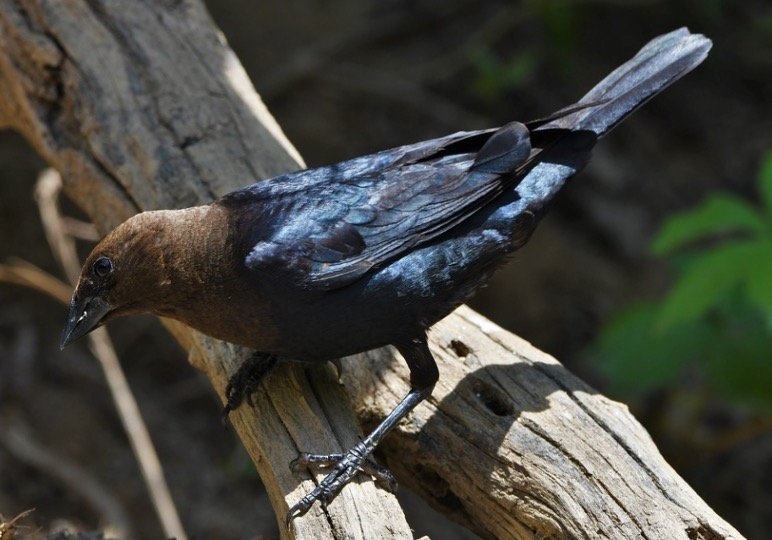
Cowbird Encounters and Omens
A cowbird encounter might serve as a dangerous warning. Cowbirds are aggressive brood parasites, so if one enters your house, it might be a warning that something is really wrong. If you come across a cowbird, think about if someone is taking advantage of you.
Cowbirds are not the only animals capable of parasitic behaviour. Be aware of deceptive people who could try to use your intuition against you. This caution is particularly relevant for persons who are very sensitive or sympathetic.
A cowbird sighting may indicate that someone with ill purpose has spotted your generosity and is attempting to use it as a weakness. A cowbird sighting may also serve as a wake-up call to reconsider if you’ve given up on something vital. We all forsake things as we mature as individuals, whether it’s a pastime, a duty, an interest, or a relationship.
The problem emerges when the abandoned item was vital to our mental well-being. A cowbird encounter may be a warning that you’ve left a part of yourself behind if you have a propensity of changing to suit others.
Cowbird in Mythology & Folklore
Cowbirds are readily connected with a variety of tales involving children being replaced by invaders, despite the fact that they do not exist in any legendary traditions. The notion of the changeling is the most prominent illustration of this.
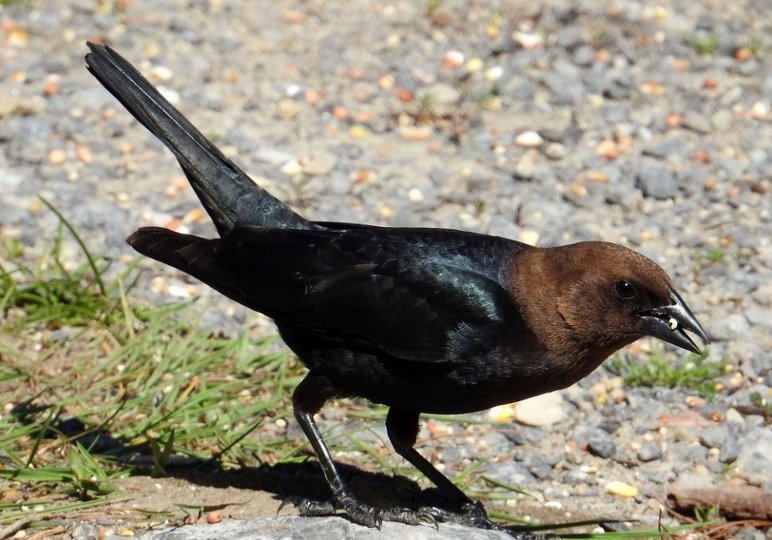
Native American Mythology
The skin walker tale is the closest analogue to the cowbird’s brood parasitism in Native American mythology. The skin walker can impersonate or transform into humans or animals to replace them. The skin walker’s insidious nature parallels the risk that cowbird chicks offer to their foster family.
Celtic Mythology
Changelings are fay beings from the otherworld in Celtic mythology. Changelings may replace human children and transport them to the otherworld. If this happens, the parents will most likely never see their own kid again and will be left to raise the changeling as their own. This is consistent with cowbird breeding habits.
Greek Mythology
“molothrus” is the Greek name for the cowbird genus. This is a combination of the terms “battle” and “to sire” or “to impregnate.” The Greek meaning of these birds may have something to do with infertility.
Furthermore, the parental abandoning of cowbird eggs might be linked to Hephaestus, whose mother, Hera, threw him from Olympus after trying to create a child on her own. Hephaestus’ looks revolted her, and she rejected him at first sight. Despite being welcomed back to Olympus, Hephaestus never completely fits in with the other gods.
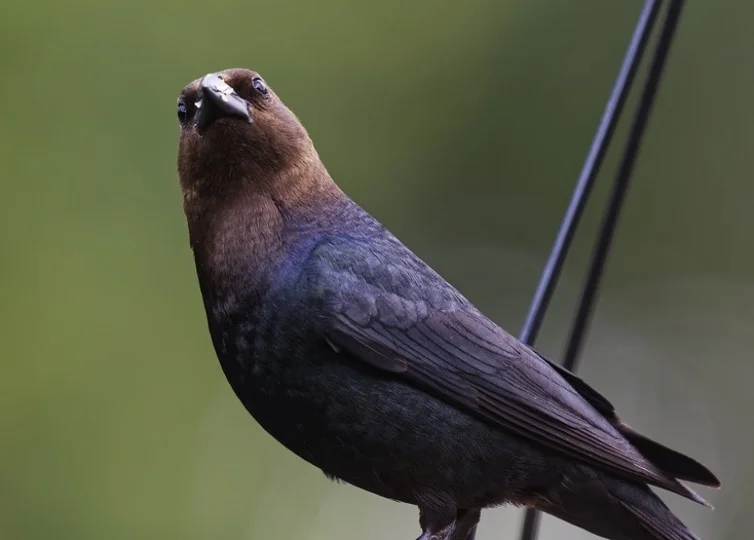
Cowbird Spirit Animal
The cowbird spirit animal represents a strong sense of self. People with the cowbird spirit animal are usually quite intellectual, yet they have a hard time connecting with others. People with this spirit animal must be conscious of their flaws and committed to self-improvement.
The cowbird spirit animal is often seen in persons who are unable to reach their full potential. Intelligence and cunning are often accompanied by a sluggish demeanour. People with the cowbird spirit animal often anticipate things to go their way and are devastated by the lacklustre outcomes of such a mindset.
People with the cowbird spirit animal are generally afraid of being vulnerable, maybe owing to their intellect. They are much more at ease managing acquaintances and maintaining tight ties at a safe distance than they are in opening out to others. However, if a person with this spirit animal can overcome its dangers, the cowbird spirit animal may be one of considerable intellect, intuition, and promise.
Cowbird Totem Animal
The cowbird is a strong totem animal. It is associated with cunning, manipulation, intuition, and lethargy, much like the cowbird spirit animal. Another intriguing characteristic of the cowbird totem animal is its flexibility.
The cowbird lays its egg in another bird’s nest, and the cowbird chick must then assume the function of the substituted juvenile. Though this is detrimental to the host family, the ability to adapt to any role is a valuable skill.
People who have the cowbird as their totem animal should do all they can to harness this gift and put it to good use. People with the cowbird as their totem animal are notorious liars. Although this is not always a favourable feature, it may serve a useful function.
The cowbird is a common totem animal among great storytellers. The same creative genius that permits someone to deceive and lie can also be utilized to generate tales that elicit strong emotional responses from their viewers.
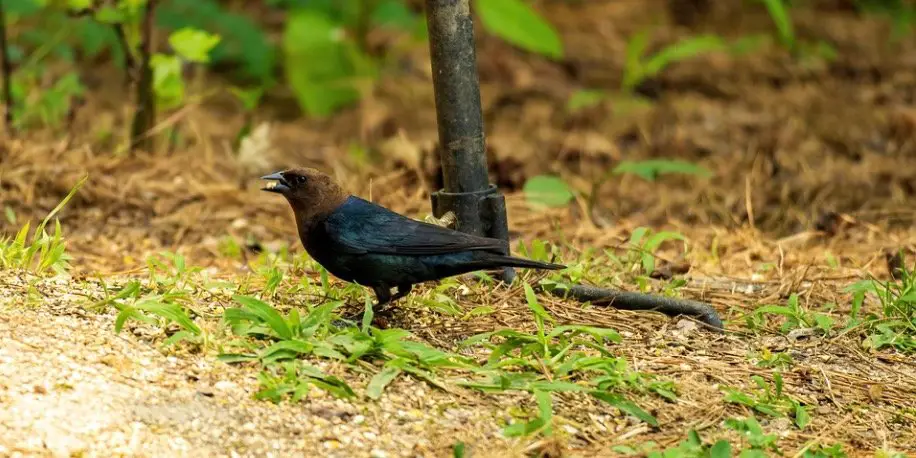
Cowbird Power Animal
The cowbird power animal is associated with insight and, perhaps unexpectedly, empathy. People who have the cowbird power animal have an incredible capacity to discern other people’s emotions. They, like salesmen, can often “cold read” an individual and instantly intuit a significant lot about a person from a very little engagement.
Although this skill may be readily manipulated, it is profoundly anchored in empathy. The cowbird power animal is very sensitive to the emotions of others. Because of this, a person with this power animal may escape vulnerability. However, if this empathy is accepted, the cowbird power animal may be found in persons who have a gift for spiritual healing.
Cowbird Tattoo Meaning
A cowbird tattoo may serve as a poignant reminder not to take the quiet refuge of home for granted. For others, this tattoo may serve as a reminder of the many challenges that each family faces, as well as the necessity to protect loved ones. It might also symbolize the value of vulnerability and honesty.
A cowbird tattoo may also represent triumph over desertion. A cowbird tattoo might also mean that the person feels out of place or that they are not among their own kind.
Cowbird Symbolism Conclusion
Cowbirds are often portrayed as the bird that birdwatchers despise. It’s easy to see why this is the case. People are disgusted by their brood parasitism because they see poor hurried foster parents scurrying to feed the exact beast that has murdered their own children. However, it is critical not to over-anthropomorphize this behaviour.
Cowbirds are not human beings. They do not have the same moral compasses that humans have. Instead, they respond instinctively and do all in their power to survive, just like any other animal. With this in mind, cowbirds have a lot to offer.
Their adaptation is one-of-a-kind and clearly successful. They are so instinctively motivated that they are able to resist being socialized by their foster parents to the point where they forget how to act as a cowbird. This is no easy task.
In fact, the capacity to be a cowbird regardless of how they are nurtured distinguishes cowbirds as creatures that are particularly in touch with who they are. Cowbirds, far from being terrible villains, are self-assured and cunning tiny animals that make the most of the tools that nature has provided them with to live. This flexibility is a significant lesson for anyone who feel linked to cowbirds.
